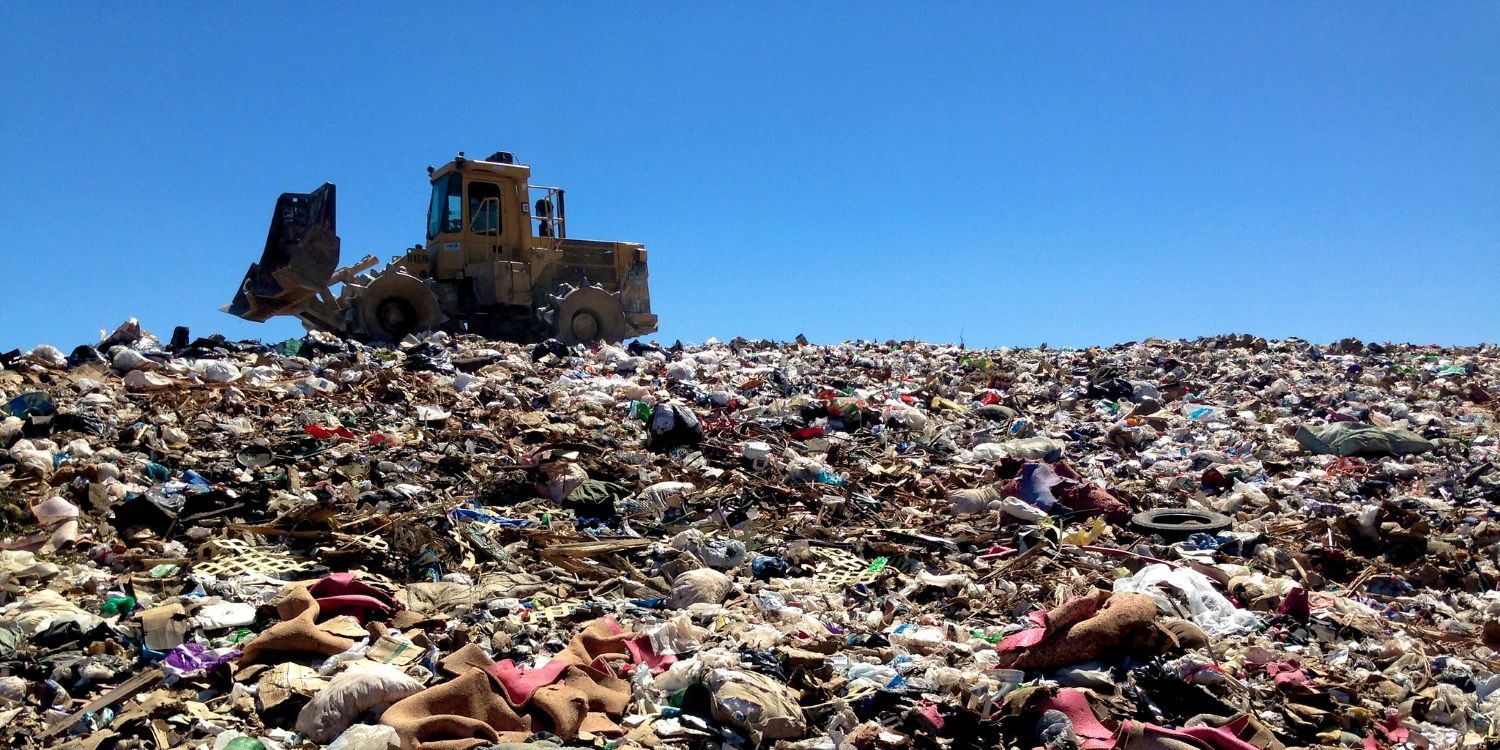Green lies and false promises: The dangers of greenwashing
Described by the UN as “misleading the public to believe that a company or other entity is doing more to protect the environment than it is”, ‘greenwashing’ can be a significant barrier to tackling the climate crisis. Industries use greenwashing techniques to promote false solutions that distract from viable action, with the intention of making money and improving the public’s trust.
Efforts to preserve the ‘eco-friendly’ image of a corporation can manifest in a variety of ways. Companies are often vague about the materials they use, claim they are ‘on track’ to reduce pollution and achieve carbon neutrality despite the lack of a credible plan, and often put emphasis on their small environmental actions while ignoring any significant, negative impact that they have.
Political parties often appeal to eco-voters with ambiguous or misleading green pledges, resulting in the distortion of public debate
Greenwashing is everywhere. H&M’s ‘Conscious Collection‘, launched in 2019 and investigated by Norway’s Consumer Authority, makes bold sustainability claims. H&M were sued shortly after the release of the collection for their “false” and “misleading” sustainability marketing. The scoring system used by H&M to assess the environmental impact of its products – The Higg Index – has been criticised for being intentionally misleading for consumers. The index has been described by Vogue as the fashion industry’s “leading sustainability assessment tool”, but has been made illegal in Norway due to rising concerns of its role in the greenwashing efforts of many major brands.
H&M’s website also states that it is the first global fashion retailer to launch a clothing collecting program, meaning that unwanted clothes are allegedly resold as second-hand clothing or remade into other products, attempting to “close the loop.” However, ‘recycled clothing’, unless kept infinitely by its new owners, will still most likely end up in landfill. Good on You, a website that researches and rates the true sustainability of companies, claims that “no fast fashion business model can ever be sustainable […] Their greenwashing is merely a distraction from the fact that these brands collectively produce billions of throwaway plastic clothes.”
It is not only corporations that are guilty of greenwashing – it is a tactic often used by political parties to appeal to climate-conscious voters. At the end of 2021, during the UN Climate Change Conference’s first week, Swedish climate activist Greta Thunberg described the pledges from world leaders and numerous climate discussions as “a Global North greenwash festival“. Political parties often appeal to eco-voters with ambiguous or misleading green pledges, resulting in the distortion of public debate and reducing pressure for genuine and meaningful climate action. In 2019, the Conservative Party promoted their target for net-zero emissions by 2050, but proceeded to support airport expansions and fund fossil fuels. Other parties have also described revolutionary green targets, despite simultaneously relying on carbon offsetting and ineffective market-based mechanisms.
The constant effort to distinguish between eco-friendly products and those which have been greenwashed can cause decision fatigue
The increasing use of greenwashing as a marketing strategy has a number of harmful effects for consumers, brands, and the environment. Brand trust can be integral to consistent sales, and this can be jeopardised if a company is revealed to be responsible for greenwashing. Companies which are transparent and realistic about their green goals and impact can appear to be doing less than those that use greenwashing to deceive customers into thinking they are taking major action. Those responsible for greenwashing can encourage unknowledgeable customers to purchase unsustainably, manipulating individuals into thinking they are supporting the environment through their loyalty to certain brands.
Whilst companies can benefit economically from greenwashing, it can backfire, and this damages the reputation of the brand and consumer trust. The constant effort to distinguish between eco-friendly products and those which have been greenwashed can cause decision fatigue, meaning that customers may become sceptical or even disengaged completely with sustainable shopping.
However, greenwashing is difficult to regulate, as the rules surrounding it can sometimes be ambiguous and easily manipulated. Through initiatives such as the Green Claims Directive and the Empowering Consumers Directive, the EU is intensifying its efforts to reduce and combat greenwashing, aiming to increase business accountability and transparency.
It is important that consumers and voters are equipped with the tools and knowledge they need to evaluate the products they buy
In the modern world, where the products we consume can come from almost anywhere, it is difficult to gain global coherence with regard to greenwashing regulations. This means that foreign products, such as those purchased online, may not comply with policies of other countries, making it essential for eco-conscious consumers to do their research before making such purchases.
While greenwashing may be an effective strategy for companies and political parties in the short-term, it will have a long-term negative impact due to its undermining of public trust, informed decision-making, and the fight against our climate crisis. Despite the EU’s efforts, which are a step in the right direction, enforcement continues to be a challenge, and regulations must be more closely monitored. It is important that consumers and voters are equipped with the tools and knowledge they need to evaluate the products they buy, make informed decisions, and take responsibility for their role in creating a sustainable planet. Only by public awareness and the transparency of companies and political parties can we hold individuals and institutions accountable, and we must ensure that ‘green’ goes beyond simply the packaging and branding of a product.

Comments